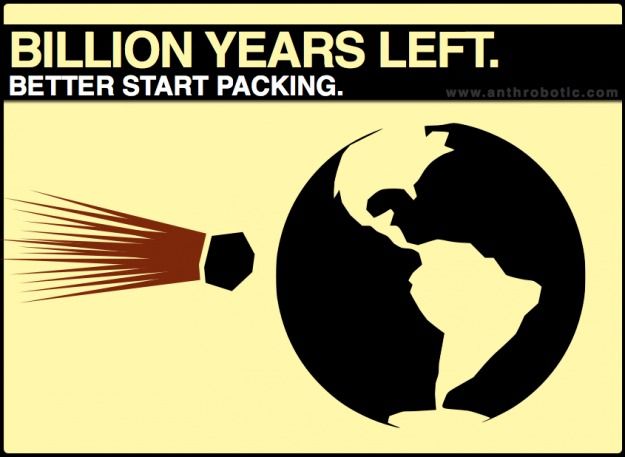Scientific discovery in the natural sciences has proceeded at an exponential rate and we are now seeing the social sciences experience a profound transformation as a consequence of computational social science. How far computational social science will reinvent social science is the big question. Some of the themes I’ve explored in my own work have been about the relationship between political philosophy and science and whether the computational sciences can help formulate new conceptions of societal organisation. Many in the field seem to think so.
These three things—a biological hurricane, computational social science, and the rediscovery of experimentation—are going to change the social sciences in the 21st century. With that change will come, in my judgment, a variety of discoveries and opportunities that offer tremendous prospect for improving the human condition. It’s one thing to say that the way in which we study our object of inquiry, namely humans, is undergoing profound change, as I think it is. The social sciences are indeed changing. But the next question is: is the object of inquiry also undergoing profound change? It’s not just how we study it that’s changing, which it is. The question is: is the thing itself, our humanity, also changing? (Nicholas A. Christakis, A NEW KIND OF SOCIAL SCIENCE FOR THE 21st CENTURY)
A biological understanding of human nature combined with new insights derived from computational social science can potentially revolutionise political, social and economic systems. Consequently there are profound philosophical implications. Secular political philosophy specifically emerged out of the European experience of Church and monarchical rule, and socialism emerged out of the experience of industrialisation and capitalist ideology. Therefore is it possible that a new political philosophy could emerge out of the reinvention of the social sciences?
One question that fascinated me in the last two years is, can we ever use data to control systems? Could we go as far as, not only describe and quantify and mathematically formulate and perhaps predict the behavior of a system, but could you use this knowledge to be able to control a complex system, to control a social system, to control an economic system? (Albert-lászló Barabási, THINKING IN NETWORK TERMS)
Continue reading “The Social Sciences Revolution” »









